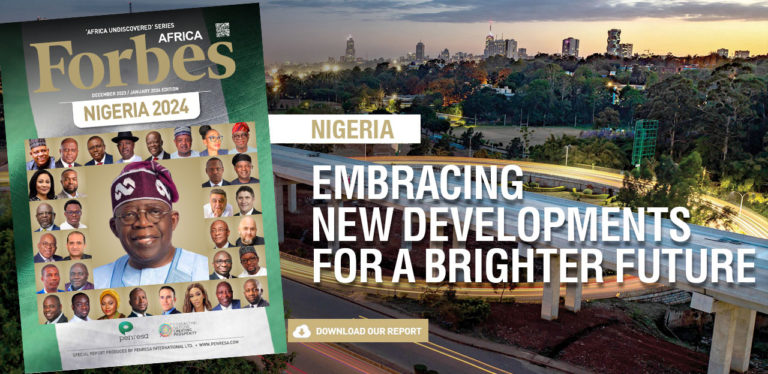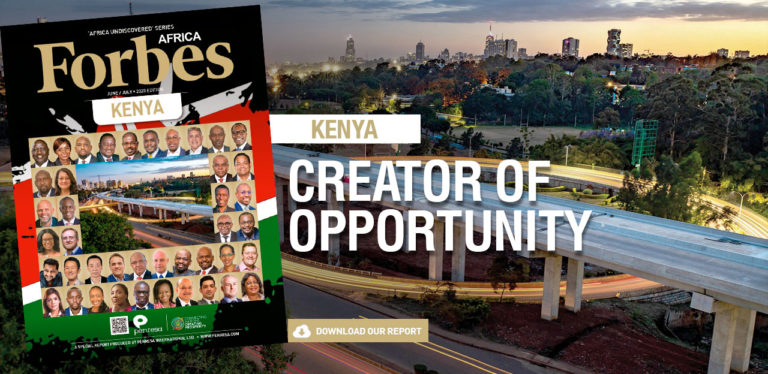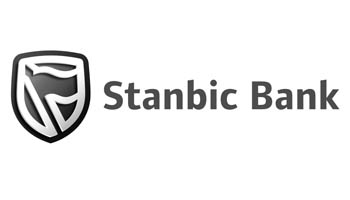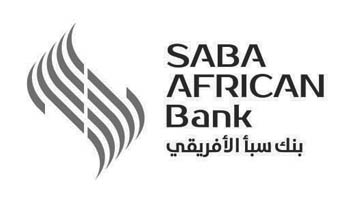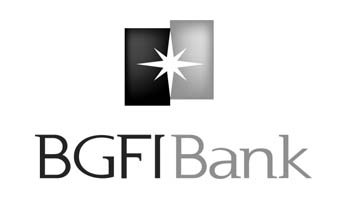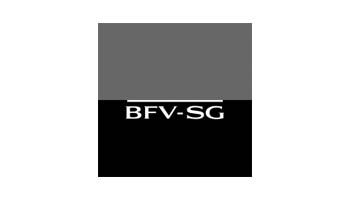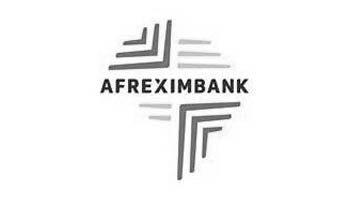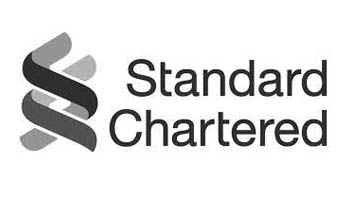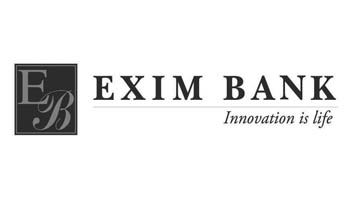As Prime Minister Abiy Ahmed opens Ethiopia to the world, investment potential has never been greater. Thanks to the Ethiopian Investment Commission, the process is now easier and more streamlined for foreign investors.
Before becoming Ambassador to the United States, Fitsum Arega was Commissioner of Ethiopian Investment Commission (EIC) and Chief of Staff to Prime Minister Abiy Ahmed. As Chief of Staff, Arega became the voice of the administration, as communicator of PM Abiy Ahmed through Twitter. His tweets received overwhelming positive public response. In seven months, his followers grew to 50,000, setting a new standard for other government officials while disrupting the bureaucracy of public/governmental communication.
The EIC handles investment issues such as licensing and promotion, playing an important role in the expansion of FDI. The EIC has succeeded in this goal through attracting large investments to Ethiopia’s new industrial parks. Industrial parks are key drivers for investment growth, enhancing the telecom, service, manufacturing and agriculture sectors’ potential for export growth, technology and skills transfer.
They create a sustainable business environment, linking local workers to manufacturing and aid the ease of investment. Ambassador Arega states, “before industrial parks, it used to take on average four years to access land, build factories, access power and other infrastructure and eventually start production. Now, it will take two to three months.”
Additionally, PM Abiy Ahmed has introduced political and economic reforms to open the country to the world. For example, PM Abiy Ahmed has lifted restrictions on foreign investment in packaging, forwarding and shipping services, allowing foreign firms to invest in stakes of up to 49%. At his address at the G20 Compact with Africa, PM Abiy Ahmed stated, “key priorities for the government of Ethiopia are attracting high quality foreign direct investment into productive sectors.”
Late last year, Ethiopia debuted their online investment guide, a reliable source for investors to access up-to-date information about investment opportunities and areas for reform in the country. “The investment guide is about making relevant and up-to-date content available to existing and potential investors,” said Amb. Arega. “It should help us bridge the gap between foreign investors and small and medium enterprises.” The iGuide details topics related to: business procedures, taxes, processes in acquiring land, labour force expectations, infrastructure quality, legal rights and even sectors with high investment potential.
FDI has consistently grown in Ethiopia over the past ten years, reaching US $4 billion in recent years. Ethiopia also offers a strong and growing economy that brings confidence that products and services will be profitable. Ethiopia’s annual economic growth, ranging between 8.5% to 10% for the last decade, plays a large role in the success of FDI. According to EIC, more than US $2.2 billion FDI capital entered Ethiopia in the first six months of 2018, a 22% increase from the previous year. With the support of PM Abiy Ahmed, these figures are set to increase.
At the annual World Economic Forum in Davos Switzerland, PM Abiy Ahmed encouraged global business leaders to invest in Ethiopia as his administration has embarked on bold reforms. He said, “Ethiopia is undergoing significant institutional reforms to enhance the ease of doing business and increase our global competitiveness. The private sector should be an integral part of our economy. We are committed in opening up the economy.” Some of the recently opened sectors include telecommunications, logistics, energy, aviation, and railways. “Improving the political environment and the business climate is our priority,” the Prime Minister said.


